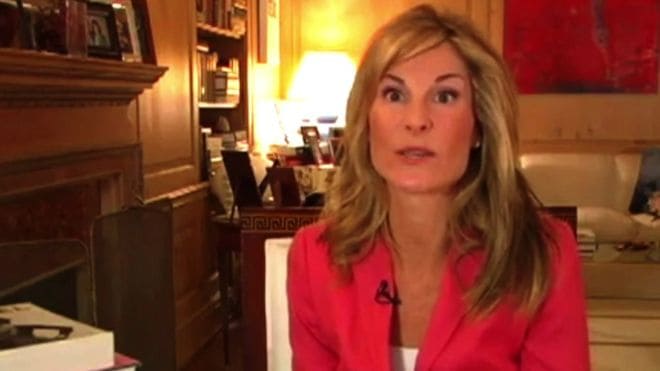The big question still unanswered by the published fraction of the Egrant inquiry is, who owns Egrant? Documentation that may or may not have come by Aaron Bugeja cannot convincingly answer that. Indeed if he were convinced by any of it he’d have said so in the inquiry conclusions.
But crucially nor can the testimony of Jaqueline Alexander or employees of Mossack Fonseca be relied upon. The firm’s partners and many of its former employees are being indicted worldwide for being accessories to tax evasion, except in Malta of course.
Take the case of American millionaire business guru Marianna Olszewski who owned a Panama company through Mossack Fonseca but whose US bank would not accept transfers from it unless they could see who really owned it.

Marianna Olszewski was keen to dodge the US taxman so she needed to find a way of convincing her US bank someone else owned her Panama company while still getting the $1.8 million she wanted to repatriate from Panama.
A BBC Panorama investigation in 2016 showed how Mossack Fonseca was willing to break any number of anti-money laundering laws to help. It offered to provide somebody who would pretend to be the real – or beneficial – owner of the cash.
An email from a Mossack executive to Ms Olszewski in January 2009 explained how she could deceive the bank: “We may use a natural person who will act as the beneficial owner… and therefore his name will be disclosed to the bank. Since this is a very sensitive matter, fees are quite high.”
The “natural person” Mossack Fonseca offered turned out to be a 90-year-old British citizen.
“We need to hire the Natural Person Nominee, pay him, make him sign lots of documents to cover us, make him sign resignations, make him get some proofs evidencing that he has the economic capacity to place such amount of moneys, letters of reference, proof of domicile, etc, etc.”
It’s a blatant breach of anti-money laundering rules, but Ms Olszewski signed up anyway.
This is what Andrew Mitchell QC, one of the UK’s leading experts on money laundering, told BBC Panorama when he reviewed this case: “Anybody looking at all these documents will believe that it is entirely legitimately owned by this person.”
“Mossack Fonseca are prepared to go to that length in order to assist their client. Basically creating a real, live human being to look to the world as if they own the assets, when in fact and in truth, they know, as their client knows, that that person is a sham.”
Mossack Fonseca provided the specific service of covering up the ownership of companies it registered for its clients even by creating false owners as substitutes.
The Egrant inquiry concluded that no evidence was found that Michelle Muscat really owned Egrant. Egrant was registered by and at Mossack Fonseca a firm that repeatedly provided for its clients, services to cover up their identity, including by recruiting third parties to falsely confirm they are the owners.
For its conclusions, the Egrant inquiry relied on the testimony of former employees of Mossack Fonseca that conducted these activities as a matter of course.